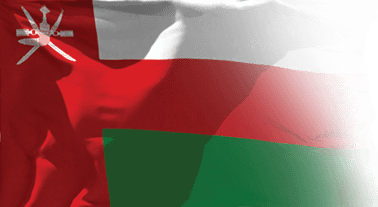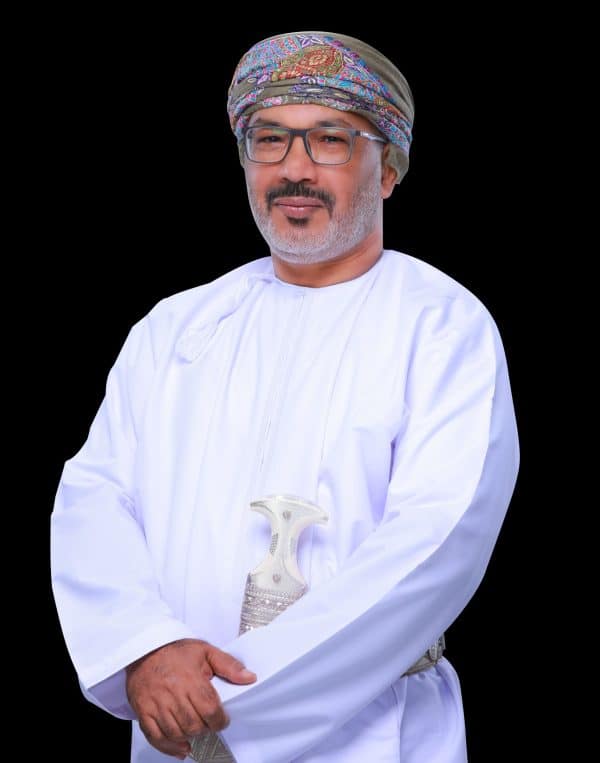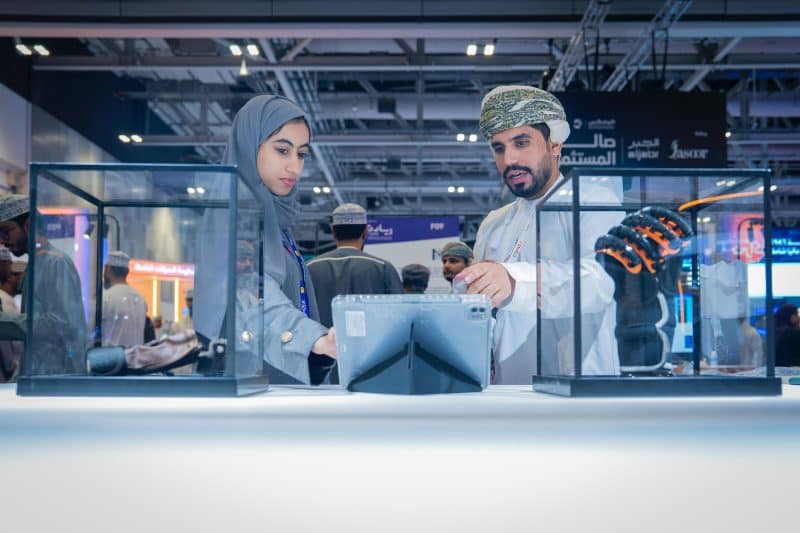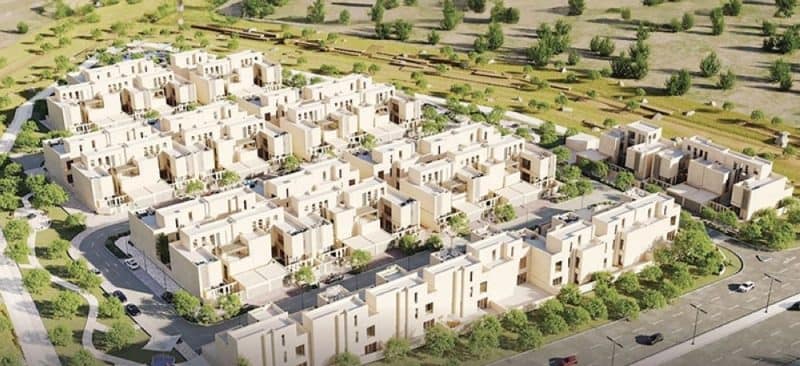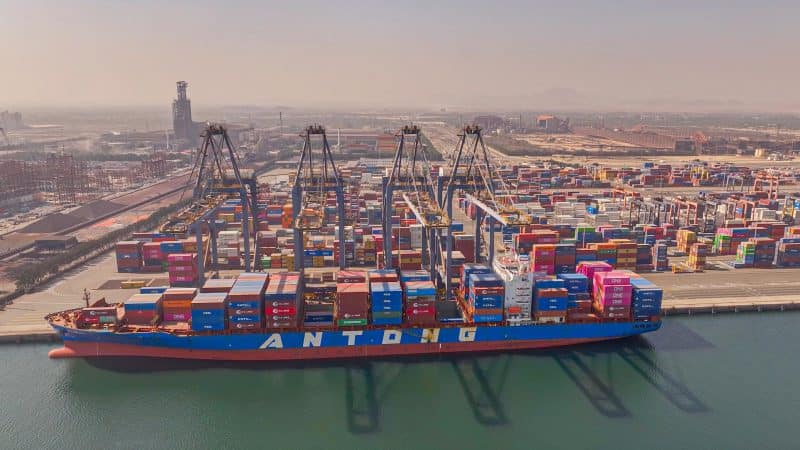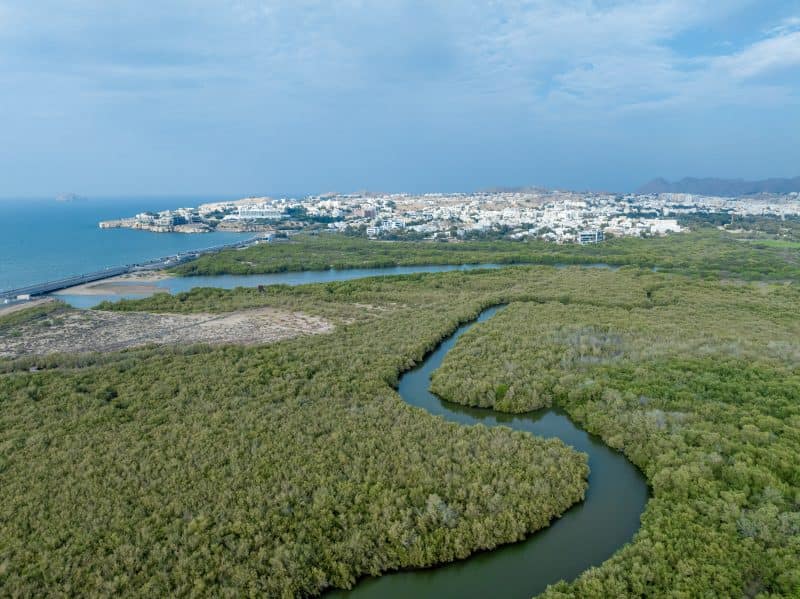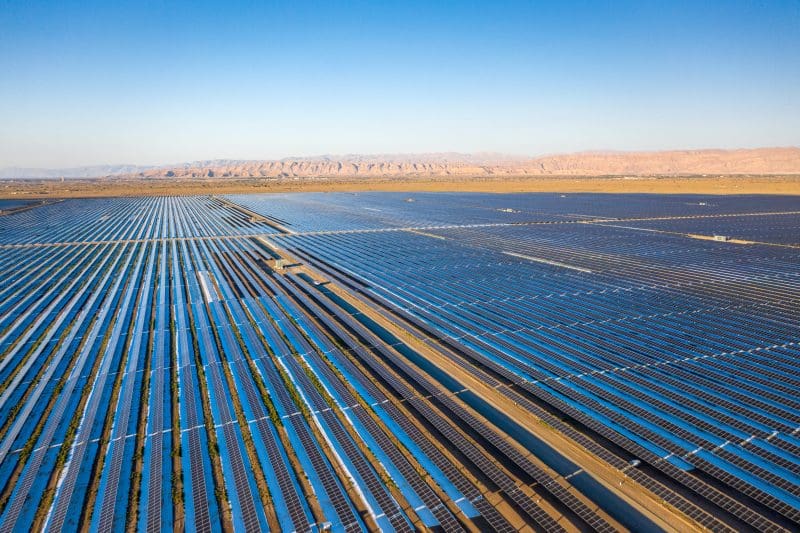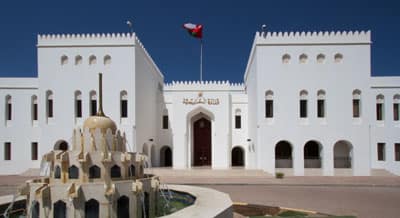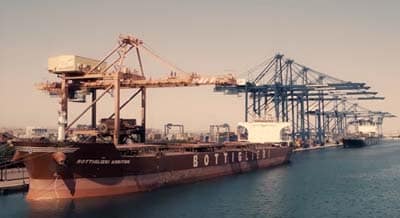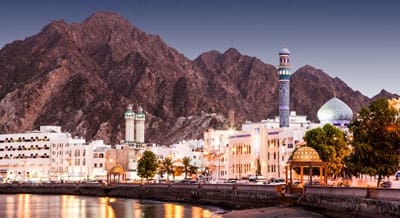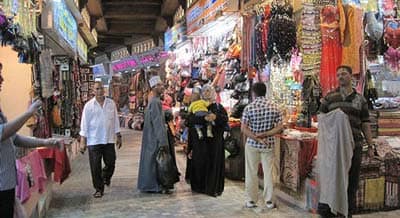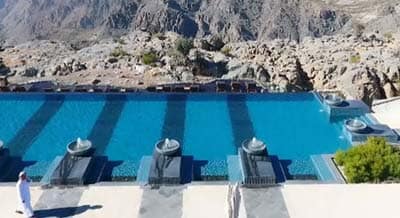
27 October 2025
The Oman Vision 2040 Implementation Follow-up Unit has released its fourth periodic progress report for 2024-2025, documenting that 74% of the Vision’s performance indicators demonstrate measurable advancement toward achieving their established targets.
The comprehensive report details significant implementation efforts and concrete achievements across various units of the State Administrative Apparatus during the previous year (2024) and the first half of the current year (2025), demonstrating substantial progress toward realising the Vision’s objectives across multiple sectors.
Dr Khamis bin Saif Al Jabri, Head of the Oman Vision 2040 Implementation Follow-up Unit, said that the Report’s publication reflects the Government’s institutional commitment to transparency and community engagement as fundamental components of the national work system. The document provides a thorough assessment of national priority performance within the Vision’s framework and presents detailed analysis of indicators measuring tangible progress toward targets achievement.
Dr Al Jabri noted that accomplishments in recent years demonstrate the sustained commitment of all government entities and national sectors to their responsibilities, embodying the collaborative spirit that forms the foundation of Oman Vision 2040. He further observed that international developments directly impact national economies and development strategies, necessitating sophisticated flexibility in strategic management, adaptive response capabilities, and efficient management of external influences.
Within the People and Society pillar, the report documents numerous qualitative achievements across education, healthcare, social welfare, protection systems, citizenship development, and national heritage preservation. These components form the foundational framework for enhancing quality of life and citizen empowerment, translating national aspirations into tangible progress toward a prosperous, cohesive, and advanced society.
In innovation and research, Oman advanced five positions in the Global Innovation Index to reach 69th globally, achieved a remarkable 60-place improvement in the patent index to claim 38th place, and rose to 47th position in the trademarks index. These advancements reflect the maturation of Oman’s innovation ecosystem and entrepreneurship environment, alongside strengthened national incentives for scientific research and technological development.
The healthcare sector achieved measurable improvements in service quality and operational efficiency, marked by the enactment of the Public Health Law, the inauguration of 10 new healthcare facilities, and the enhancement of 21 existing institutions. The sector celebrated the opening of the University Medical City and the Medical City for Military and Security Services, while achieving the milestone of Oman’s first successful heart transplant from a brain-dead donor.
Social welfare and protection systems demonstrated significant strengthening through the expansion of social housing programmes, including the launch of the “Iskan” initiative that has facilitated financing for more than 61,000 families while reducing waiting periods to under six months. More than 200 new housing units valued at more than OMR 14 million have been allocated, while social protection coverage now encompasses all categories of employment contracts, including mandatory registration for self-employed workers.
Oman’s economic diversification strategy continues to enhance the contribution of non-hydrocarbon sectors to national GDP while strengthening resilience against global market fluctuations. During 2024, non-oil sectors accounted for 72.8% of economic output compared to 30.9% from hydrocarbon activities, with manufacturing recording 8.3% growth and agriculture and fisheries expanding by 2.8%.
The Environment and Sustainable Development pillar, reflecting Oman’s commitment to environmental conservation and sustainable economic growth that safeguards resources for future generations, witnessed substantial achievements.
Climate action advancements include the establishment of the Oman Net Zero Centre to coordinate emissions reduction strategies, while protected natural areas expanded to 31 sites through the addition of five new reserves. National afforestation efforts have seen the planting of more than 3.3 million trees and the distribution of 24 million seeds, with 44 engineered landfills developed to increase recycling rates to 38%.
Anti-corruption efforts have advanced Oman’s position by 20 places in the Corruption Perceptions Index to 50th globally, following implementation of the National Integrity Plan and legislative reforms for public fund protection. The specialised Investment and Commerce Court established under Royal Decree No. 35/2025 has reduced Supreme Court appeal timelines from 186 to 136 days, while technical integration between judicial and civil registration systems has enhanced investor protection. The Supreme Judiciary Council’s first operational plan (2024-2030) has been implemented, alongside virtual court proceedings and 142 judicial service guides, complemented by an AI-enabled digital legal library.
This is an unofficial English version of an Arabic report. To view the official Arabic text, click here.
